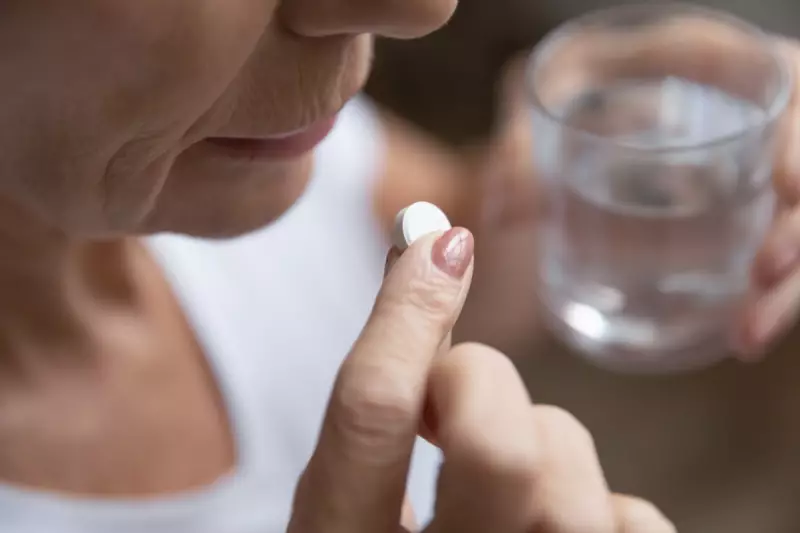
In a remarkable scientific discovery that could revolutionise our approach to healthy ageing, new research has uncovered compelling evidence that Vitamin D plays a crucial role in slowing down the biological clock. The findings suggest this essential nutrient does far more than just support bone health—it may actually help us age more gracefully.
The Age-Defying Power of Vitamin D
Scientists have found that maintaining adequate Vitamin D levels is associated with longer telomeres—the protective caps at the ends of our chromosomes that shorten as we age. Longer telomeres are considered a key marker of biological youth, suggesting that Vitamin D could help preserve cellular integrity and delay the ageing process at a fundamental level.
More Than Just Strong Bones
While most people recognise Vitamin D's role in calcium absorption and bone health, this research reveals its benefits extend much further. The study indicates that optimal Vitamin D levels may:
- Reduce inflammation throughout the body
- Support immune function as we age
- Lower risk of age-related diseases
- Improve cellular repair mechanisms
- Enhance overall vitality in later years
The UK's Silent Epidemic
This research carries particular significance for British residents, where Vitamin D deficiency remains widespread. With our northern latitude and limited sunshine exposure for much of the year, many people struggle to maintain adequate levels naturally. The study suggests this deficiency could be accelerating biological ageing in the population without most people realising it.
Practical Steps for Better Health
Experts recommend several approaches to maintain healthy Vitamin D levels:
- Safe sun exposure: 10-15 minutes of midday sun several times weekly during warmer months
- Dietary sources: Include fatty fish, egg yolks, and fortified foods in your diet
- Supplementation: Consider Vitamin D3 supplements, especially from October to March
- Regular testing: Speak with your GP about checking your Vitamin D levels
The research underscores that while Vitamin D isn't a magical fountain of youth, it represents a simple, accessible tool that could significantly impact how well we age. As one researcher noted, "This isn't about chasing immortality, but about adding quality years to our lives."





